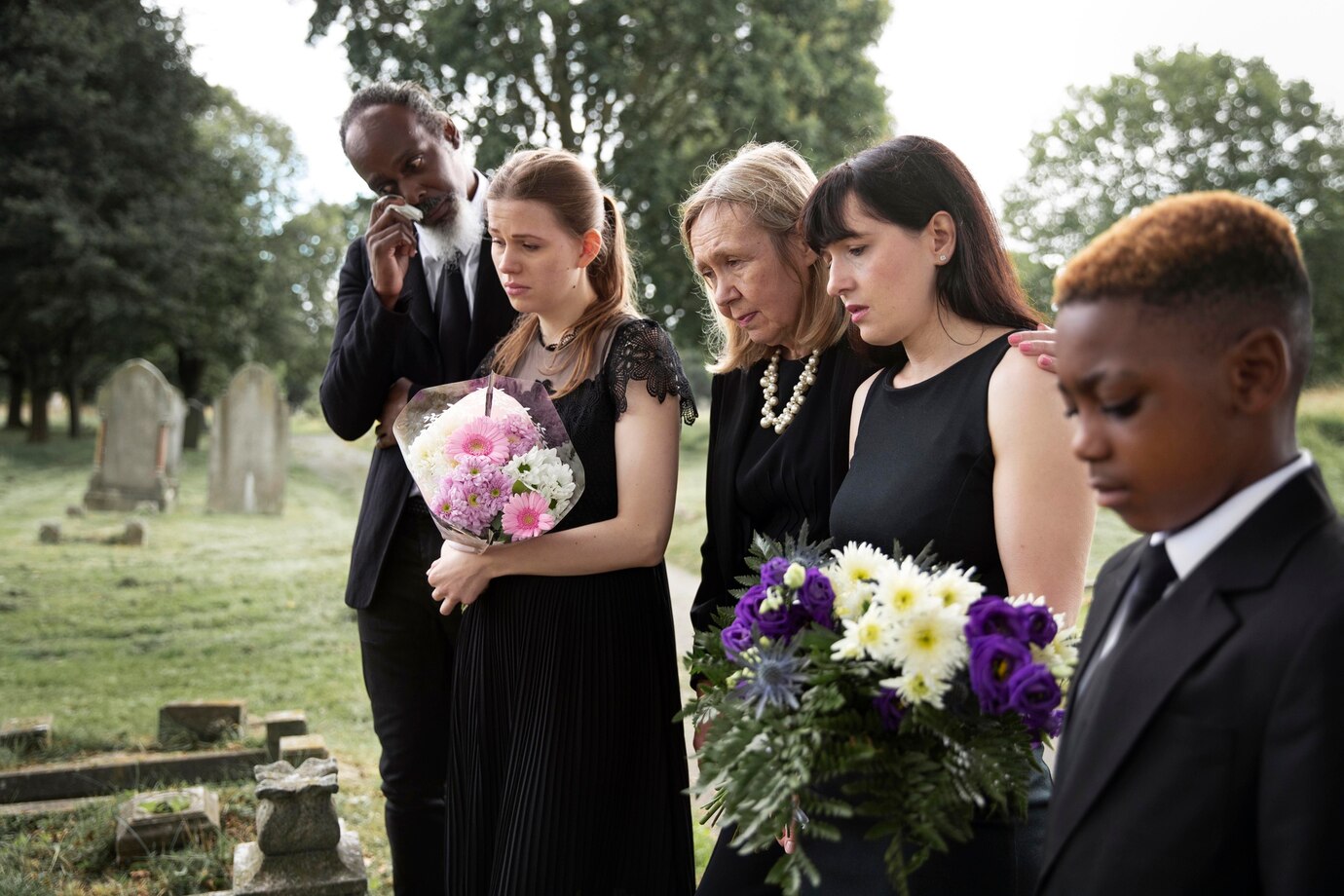Secular funeral traditions provide a meaningful way to honor the deceased and offer comfort to the grieving without the framework of religious rituals. These traditions focus on celebrating the individual’s life, reflecting their unique personality, and providing a space for family and friends to share memories and support each other. Understanding these practices can help us appreciate their significance and the solace they bring to those mourning the loss of a loved one.
Celebrating Individuality and Life
At the core of secular funeral practices is the belief in honoring the deceased’s individuality and celebrating their life. This includes personalizing the service to reflect their interests, values, and accomplishments. Secular funerals emphasize the unique journey of the individual and provide a space for family and friends to remember and celebrate their life.
Rituals Immediately After Death
When a person passes away, certain immediate rituals are performed to honor the deceased and prepare for the funeral. These may include notifying close family and friends, gathering to support each other, and beginning the process of planning a personalized funeral service that reflects the deceased’s life and wishes.
The Funeral Service
The funeral service in a secular context is often highly personalized. It can include eulogies, music, readings, and personal tributes from family and friends. The service may be led by a celebrant or a close friend or family member. Unlike religious funerals, secular services focus on the individual’s life story, their contributions, and the memories shared with loved ones.
The Burial or Cremation
Secular traditions regarding burial and cremation are diverse and based on the deceased’s and their family’s preferences. Both methods are common, and the choice often depends on personal, cultural, or environmental considerations. The burial or cremation service is typically tailored to honor the deceased’s wishes and may include personalized elements such as favorite songs, readings, or symbolic gestures.
The Mourning Period
Mourning practices in secular contexts vary widely and are often influenced by personal and cultural factors. These practices include gathering with family and friends, holding memorial services, and creating spaces for shared memories and support. The mourning period is flexible and can be adapted to suit the needs and preferences of the bereaved.
Community and Support
Secular funerals emphasize the importance of community and collective support. Family, friends, and community members gather to offer condolences, share memories, and provide practical assistance. This communal support helps the bereaved cope with their loss and find comfort in shared experiences and collective mourning.
A Reflection of Beliefs and Values
Secular funeral traditions reflect the values of individuality, inclusivity, and personal expression. These rituals provide a structured way to honor the deceased, support the grieving, and celebrate the uniqueness of each person’s life. By understanding and respecting these traditions, we can offer meaningful support to our secular friends and family during their times of loss.
In summary, secular funeral traditions offer a profound and respectful way to honor the deceased, rooted in a deep understanding of individuality and personal expression. These rituals not only provide comfort to the grieving but also ensure that the deceased is remembered for their unique journey and contributions.
If you have feedback, questions, or ideas for future articles or Information Hubs, please contact us. Your insights help us create valuable content.


